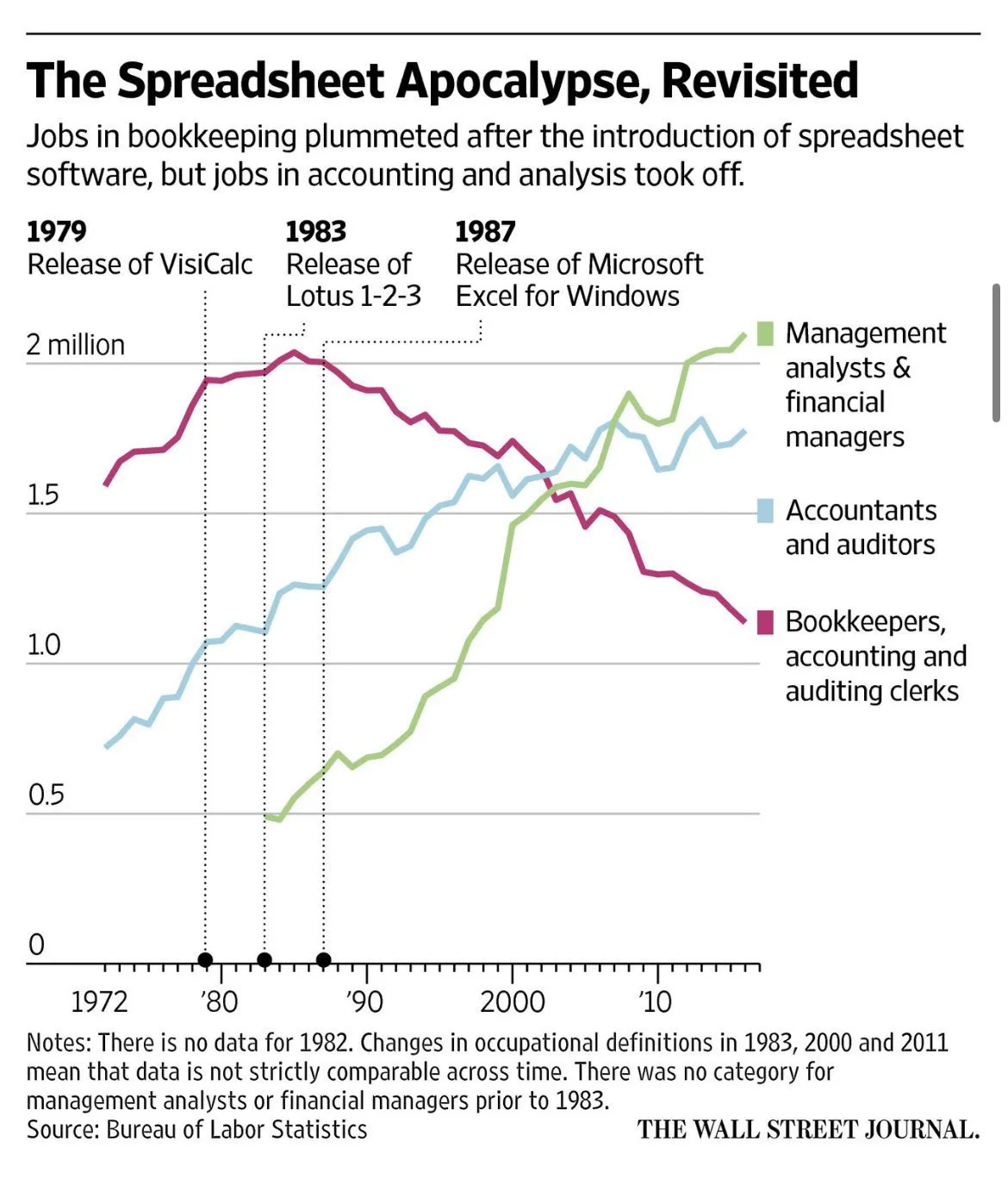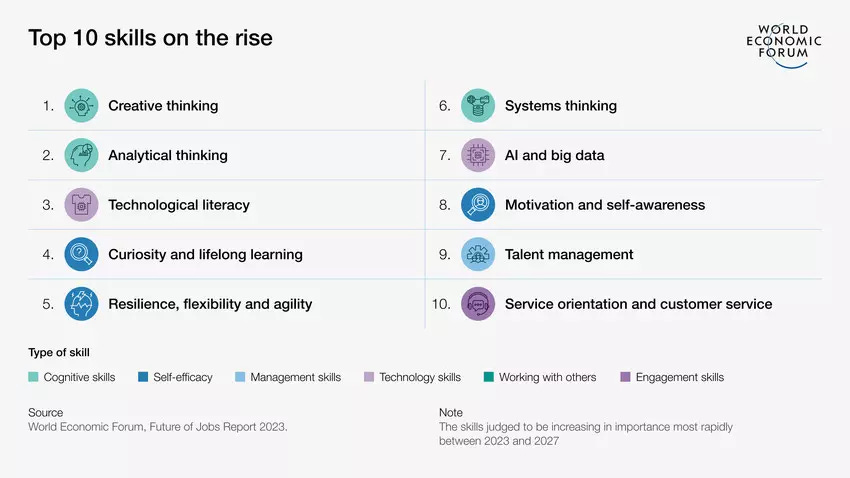- Work3 - The Future of Work
- Posts
- Is AI Truly Revolutionary? A 250-Year Perspective on Tech Disruption
Is AI Truly Revolutionary? A 250-Year Perspective on Tech Disruption
Looking back to gain insights on the Future of Work

With every major technology change we get swept up in the hype.
As futurist Roy Amara once noted,
“We tend to overestimate the effect of the technology in the short run and underestimate for the long run.”
Every new technology follows a similar path:
Weak Resistance
Genuine Excitement
Wild Extrapolation
Quiet Assimilation
AI is firmly in the ‘Wild Extrapolation’ phase now.
Every day we hear stories of AI tools like ChatGPT doing tricks for us:
“Create an image for this article in the retro-futurism style using blue and green tones.”
“Please conjugate the 20 most frequently used verbs in European Portuguese.”
“How can I travel from Lisbon to Rome then to Istanbul, without buying a larger belt for my trousers?”
But beyond my own personal usage of AI, I also have daily conversations on how AI will impact employment, from:
The graphic designer I don’t call anymore - until ChatGPT can’t add text.
The language teacher amused at my Portuguese language proficiency - which is only used in Bahia state in Brazil.
The travel agent who is reinventing personalised travel for the feckless.
This article briefly explores whether AI constitutes a revolutionary step-change or just a continuation of the digital age that began in the 1970s.
Thinking about the future - sometimes it can help to look at the past.
Make sure you Subscribe to get future articles directly to your inbox!
Five Tech Waves That Changed the World
According to Carlota Perez's theory, there have been five significant technological revolutions since 1771 that have driven economic and societal change.

the Industrial Revolution (1771)
the Age of Steam and Railways (1829)
the Age of Steel, Electricity, and Heavy Engineering (1875)
the Age of Oil, Automobiles, and Mass Production (1908)
the Information-Communications-Technology (ICT) Age (1971).
According to her theory, each surge follows a similar pattern:
Installation: new tech emerges, causing excitement and often with financial bubbles and eventual crashes e.g. The railway mania in the 1840s
Deployment: the tech matures leading to increased productivity and societal benefits, often referred to as the ‘Golden Age’ e.g. the rise of cars led to the growth of related industries like oil and steel, which, in turn, elevated living standards.
Here are some more resources to fully explore Carlota Perez’s theory
So where does AI fit into this grand scheme?
Is AI a technology revolution or more of a digital evolution?
In Perez’s theory, AI is best understood as a key development in the still-evolving ICT revolution that started in the 1970s. Technological revolutions involve major transformations within government and society, not just advancements in technology.
“Everyone is talking about artificial intelligence as though it represents the next technological revolution. In fact, it is better understood as a key development within the still-evolving information-communications-technology (ICT) revolution, which started in the 1970s with the microprocessor.” Carlota Perez
I am with Carlota Perez, AI is an extension of the longer-term Digital Age:
AI builds on decades of progress in algorithms, natural language processing, and data analysis.
AI leverages existing infrastructure which was already here, unlike previous technology revolutions which required massive infrastructure e.g. railways or electrical grids.
AI augments and enhances human capabilities, not fundamentally changing how we live and work (yet).
What Does This Mean for the Future of Work?
There are genuine fears of unemployment from AI and not just from Graphic Designers and Teachers. Although we cannot predict the future accurately we can envision that jobs will unbundle and work will be re-organised into different types of contracts.
Work Will Not Disappear - there’s a lot more to do!
Previous technological revolutions created fears about unemployment.
From The Luddite movement back in 1811 destroying the automated looms to Hollywood Writers last year worried about AI writing their Netflix scripts.
Another example is the introduction of spreadsheet software, Lotus 1-2-3 and Microsoft Excel in the 1980s.

With the introduction of this software where you could instantly recalculate revenues and profits with one click - there was widespread fear amongst the bookkeepers that they had crunched their last number.
As the graph shows, the new technology did reduce the demand for bookkeepers. Yet the demand increased for people who could build and run these spreadsheets using the new software.
Human Skills Will Still Be in Demand
The machines will change how we work, but it’s better to master them than be replaced by them. The automation trend will continue, but thankfully us humans still have something to contribute.

The Future of Jobs Report 2023, from the World Economic Forum, found the top skills needed by employers include creative thinking, motivation and self-awareness, and curiosity and lifelong learning. However sophisticated LLMs become - they will never evolve to develop the motivations that have kept us humans curious.
We are still in the early stages of AI adoption, so we will see the impact of over the next decade or so.
Stay tuned for our next articles which will consider in more depth,
Will AI Take Our Jobs? and How might we build the ‘Golden Age of Work’ where we see significant improvements to broader society?
We are not just witnessing history as passive recipients – we're shaping it.
Let's approach AI with informed optimism and a healthy dose of critical thinking.
What are your thoughts on AI and the future of work? Share in the comments below!
Looking back to look forward,
Andy
